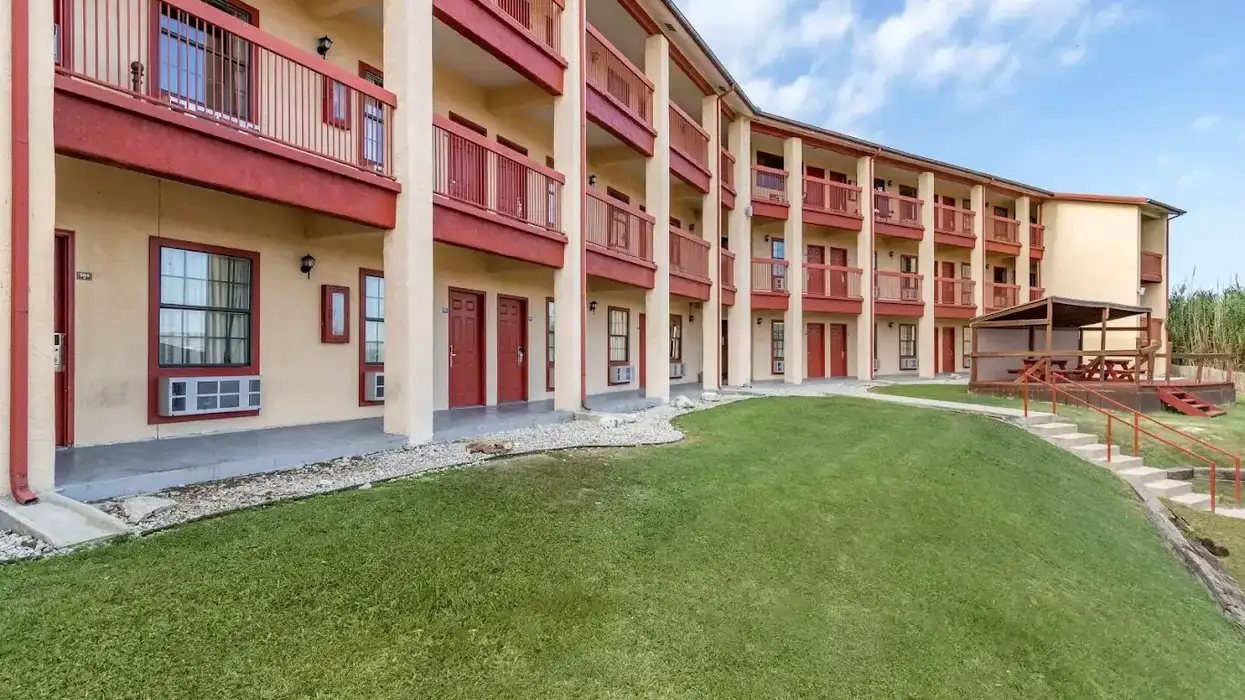THE U.S. CONSTRUCTION pipeline reached a record level in the first quarter of 2024, according to Lodging Econometrics. The pipeline included 6,065 hotels with 702,990 rooms, showing a 9 percent year-over-year rise in hotels and a 7 percent increase in rooms compared to the previous year. Furthermore, each stage of the pipeline saw year-over-year growth in the first quarter.
LE's Q1 2024 U.S. Hotel Construction Pipeline Trend Report showed 1,144 hotels under construction, totaling 141,336 rooms—a 9 percent rise in hotels and a 1 percent increase in rooms compared to the previous year.
Hotels set to begin construction in the next 12 months total 2,259, comprising 260,968 rooms, reflecting a 10 percent increase in hotels and an 8 percent rise in rooms year over year, the report said. Both hotel and room counts in the early planning stage increased by 9 percent year over year, reaching record-high figures of 2,662 hotels and 300,686 rooms, respectively.
Of all projects in the pipeline, slightly more than half are focused on the upscale, upper-midscale and midscale chain scales, LE said. In the first quarter, both the upper midscale and midscale segments achieved record-high numbers of hotels and rooms. Additionally, the luxury chain scale also attained a record-high total of projects in the same period.
Extended-stay brands' dominance
The latest data from LE highlighted the prevalence of extended-stay brands in the first quarter pipeline, a segment developers have increasingly favored in recent years. These brands now represent 37 percent of total hotels under construction, 41 percent of hotels scheduled to begin within the next 12 months, and 39 percent of projects in the early planning stage.
Sixty-three percent of the extended stay hotels in the pipeline are branded within the middle-tier extended-stay segment, the report added.
Meanwhile, renovation and brand conversion activities in the U.S. have experienced notable growth, reaching record-high combined totals of 2,041 hotels and 266,405 rooms, LE said. Brand conversions have notably hit a new record high of 1,235 projects with 114,680 rooms, marking a 14 percent year-over-year growth in hotels. Announced renovations in Q1 stand at 806 hotels and 151,725 rooms.
LE analysts expect this strong conversion and renovation activity to persist throughout 2024.
New openings
Around 114 new hotels opened in the U.S. in the first quarter, totaling 15,506 rooms, the report said. Among these, 72 hotels with 8,269 rooms were in suburban locations, while 60 hotels with 10,036 rooms, accounting for 53 percent of hotels and 65 percent of rooms, were within the top 50 markets.
Given the record number of projects in early planning and the rising number of projects scheduled to start in the next 12 months, LE analysts foresee modest growth in new hotel openings through 2024.
The LE forecast for the remainder of 2024 includes the opening of another 547 projects with 60,483 rooms, totaling 661 new hotels with 75,989 rooms and representing a 1.3 percent increase in new hotel supply by year-end. Looking ahead to 2025, LE analysts anticipate an additional 790 new hotels with 85,561 rooms to open in the U.S., resulting in a 1.5 percent supply increase.
LE's fourth quarter 2023 Global Hotel Construction Pipeline Trend Report underscored the U.S. and China's dominance, making up 64 percent of all global projects, with the U.S. leading at 39 percent. Among the top five cities with the largest construction pipelines, three are in the U.S.: Dallas, Atlanta, and Nashville.






